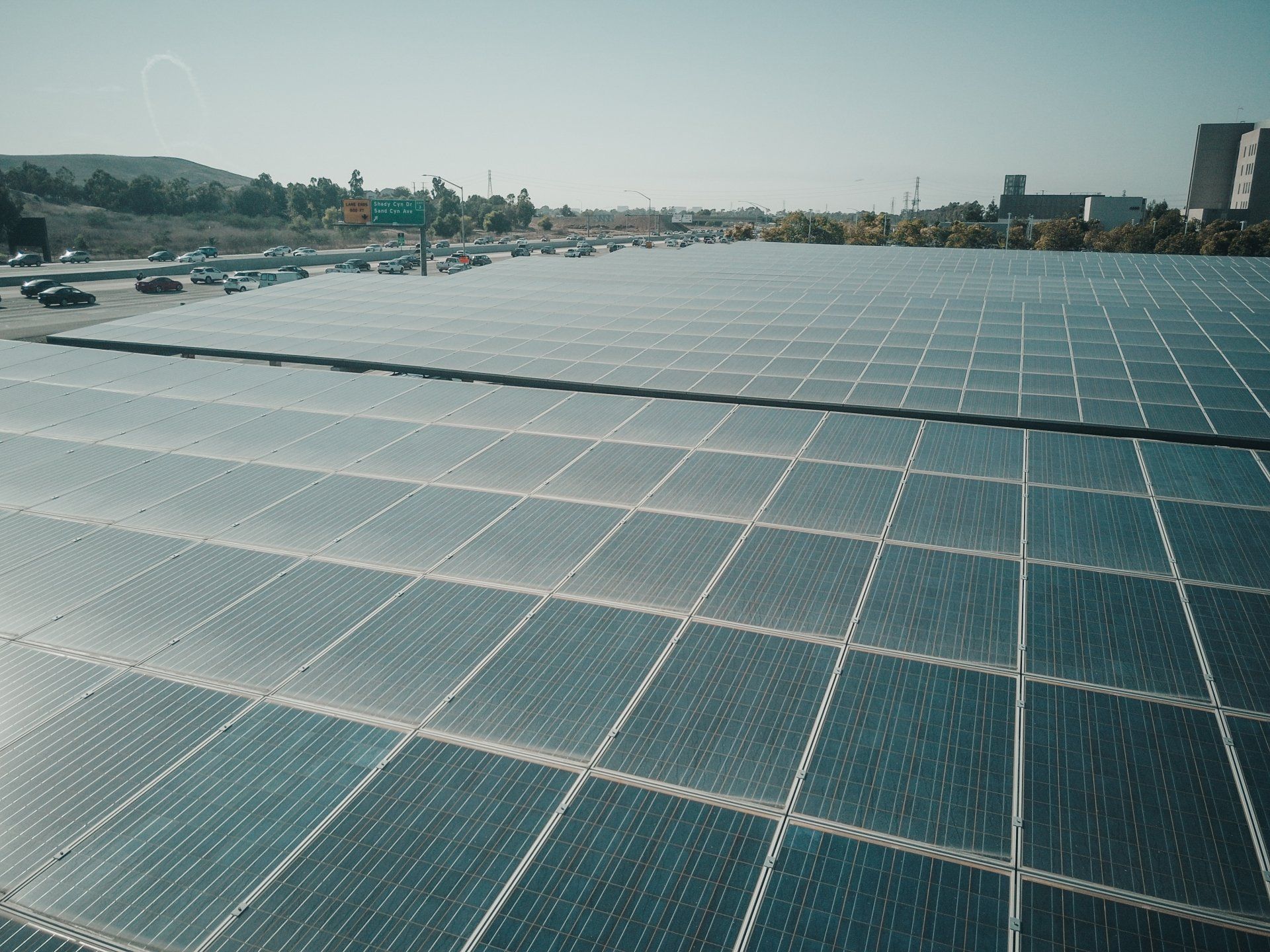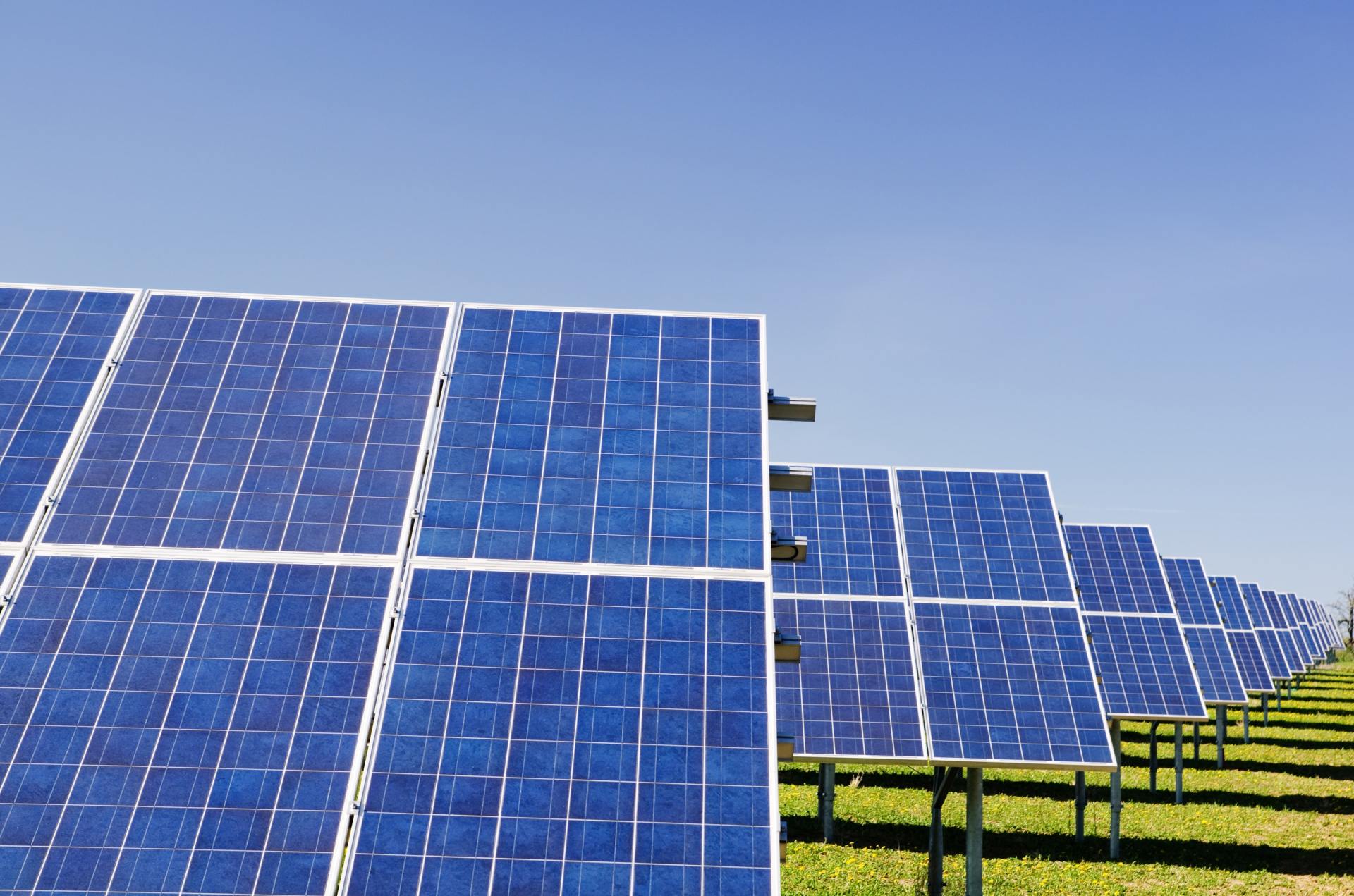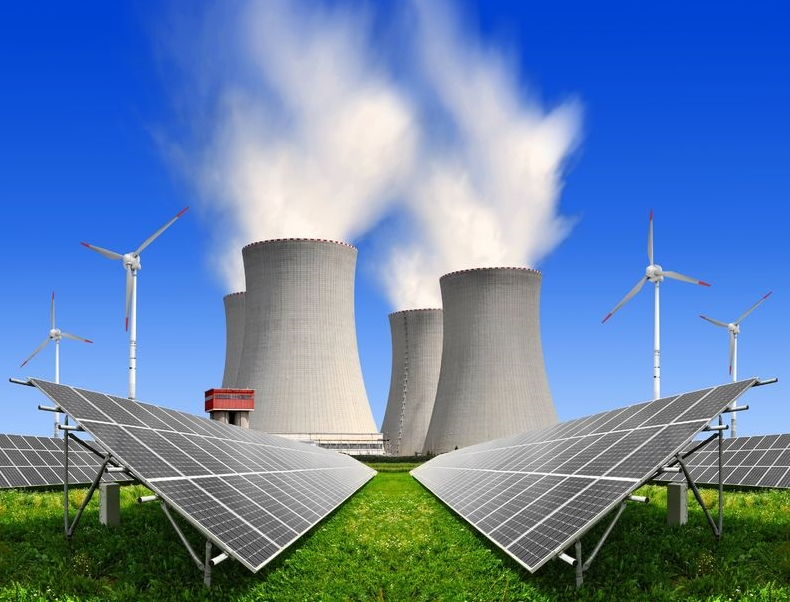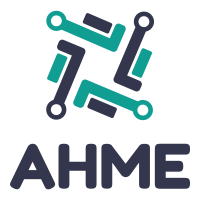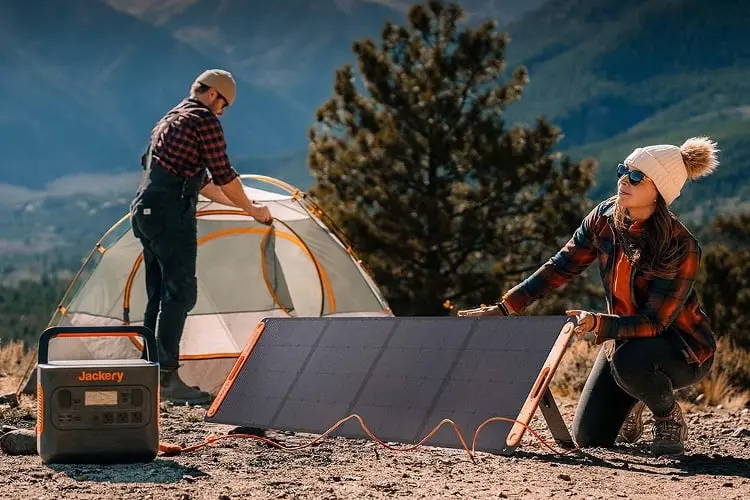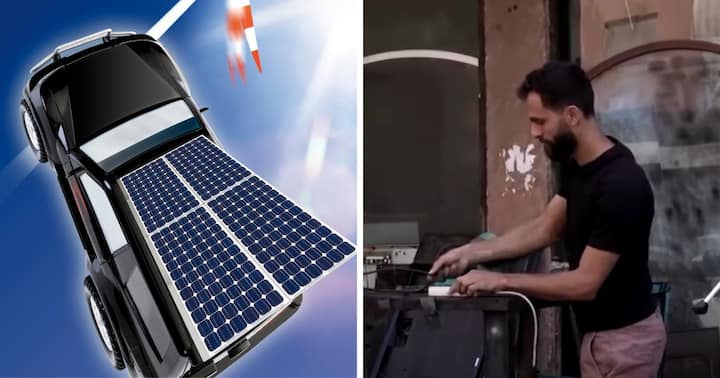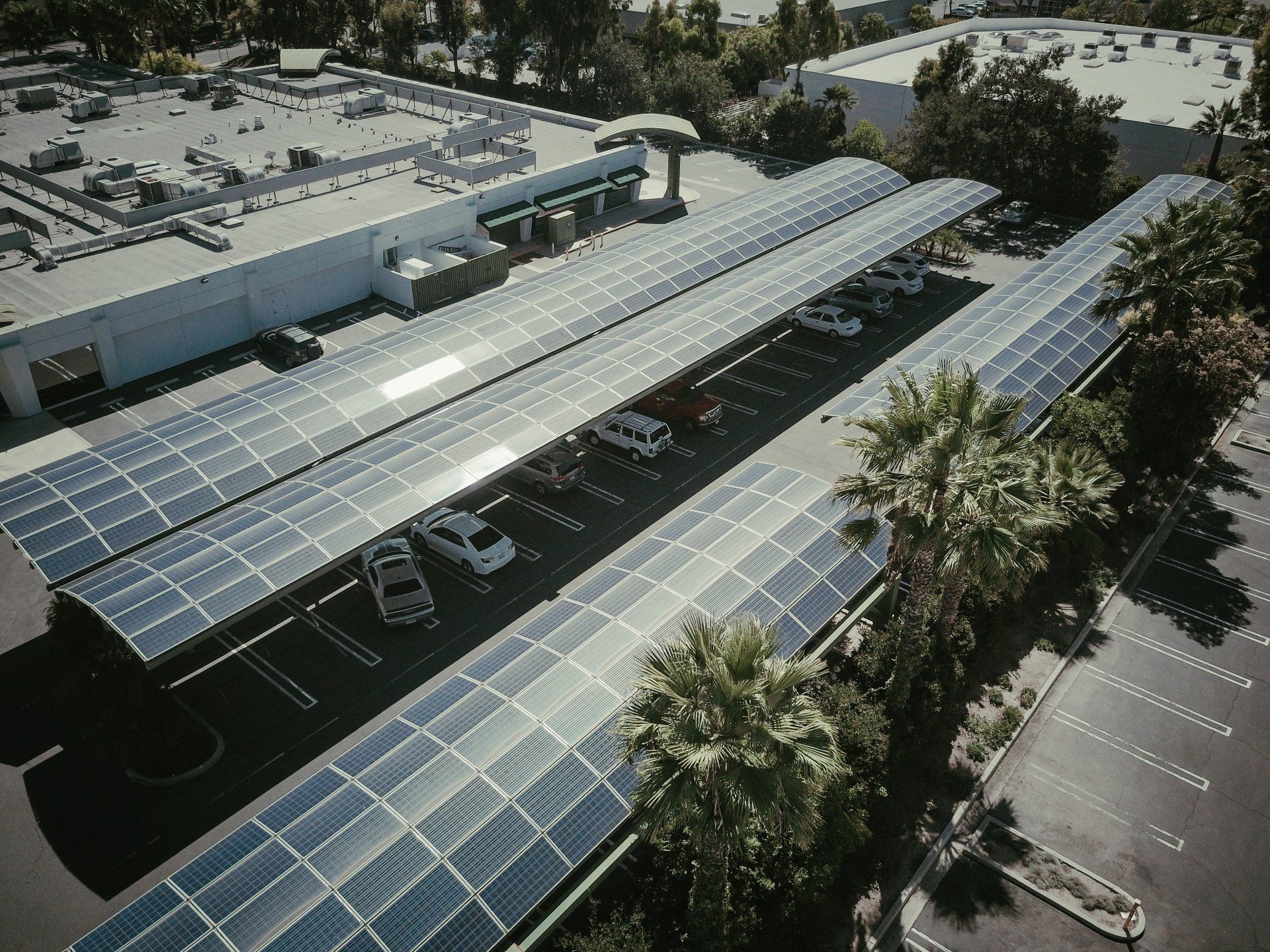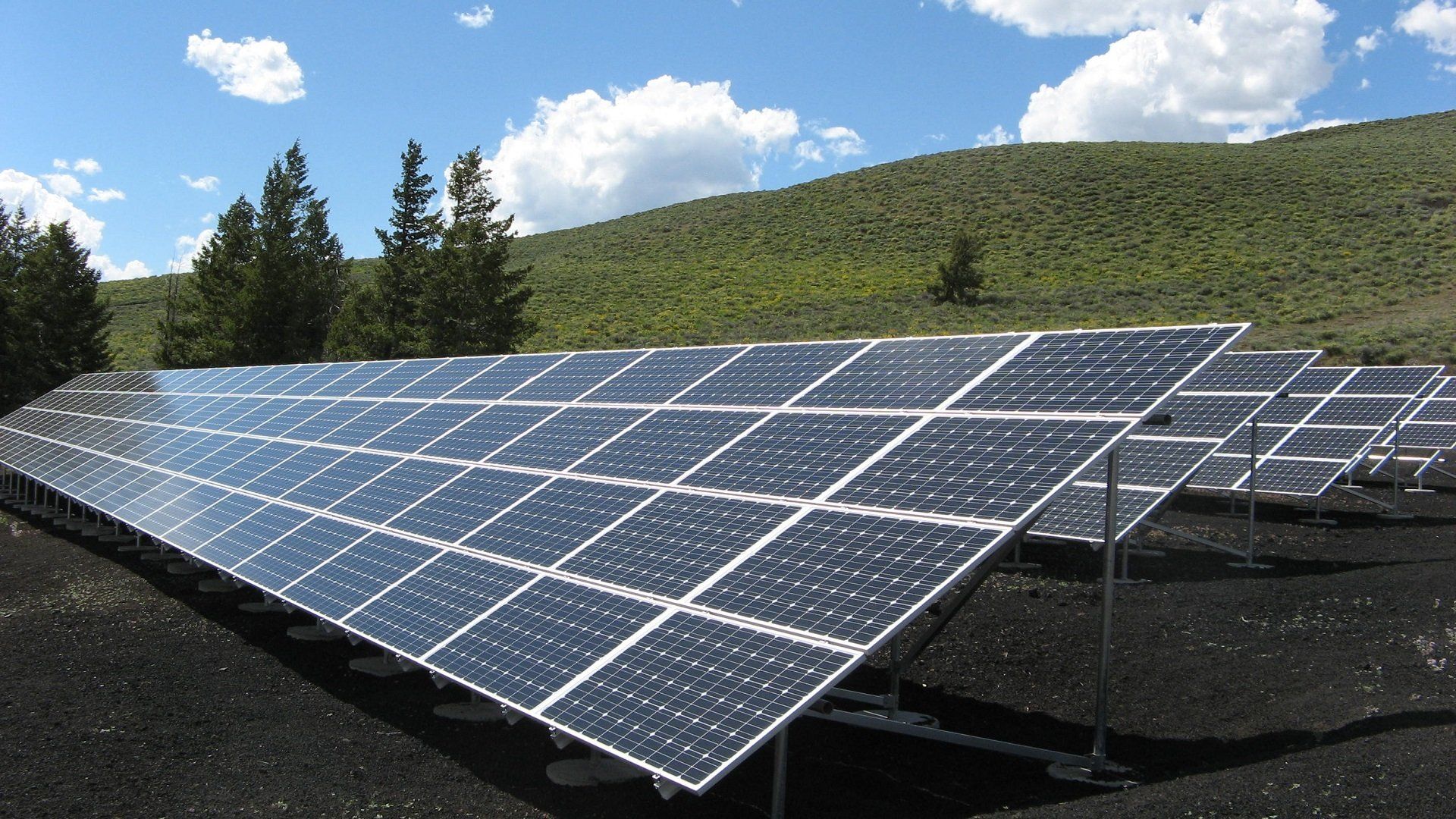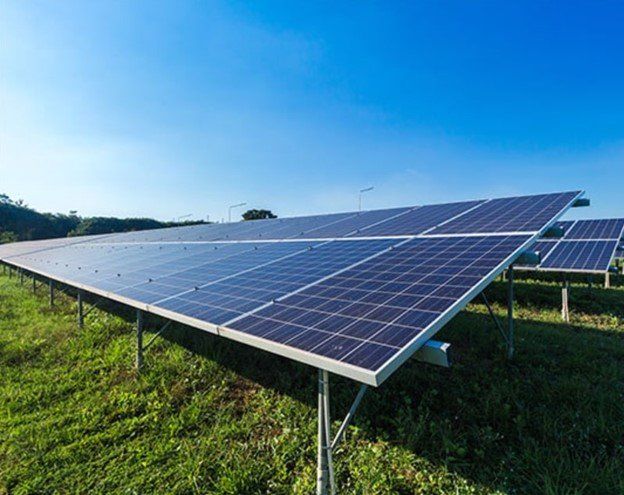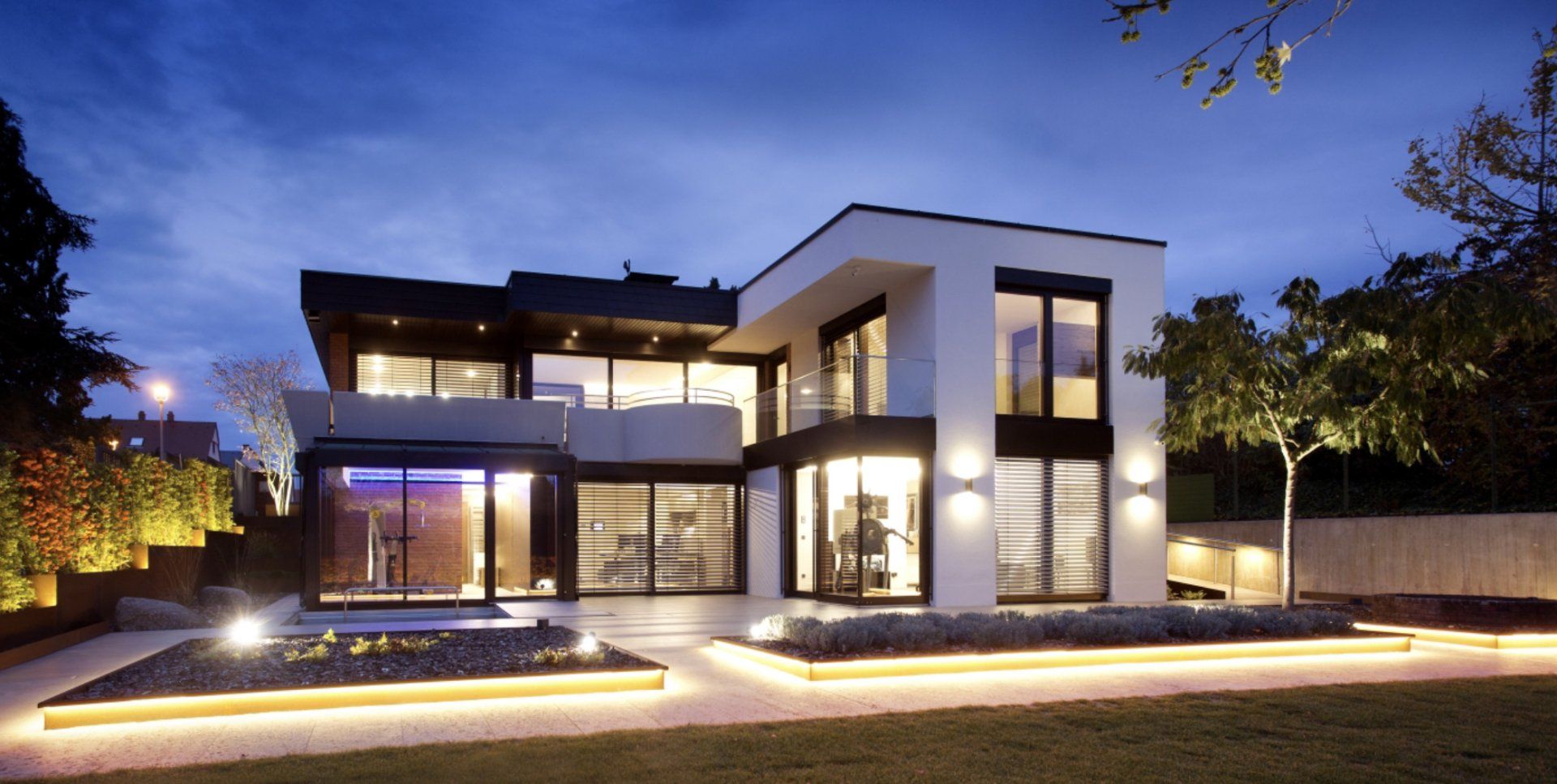By Bassam Minkara
•
July 26, 2021
On one side we have a modern source of renewable energy in the form of solar power. It’s able to produce electricity through solar panels that convert light into useable electricity, without polluting the environment. On the other end we have fossil fuels which have been used for centuries, but which are slowly being depleted as coal, oil, and natural gas reserves are beginning to run dry. These nonrenewable energy sources are known for the pollution they cause, but most countries around the world still rely on them for their energy needs. Cost: A lot of people believe that solar energy is more expensive than fossil fuel, especially since there’s a high cost for installing solar panels and they produce less energy compared to fossil fuels. While this was true many years ago, solar energy is now much cheaper than fossil fuels in the long run. This change in price is thanks to the years of innovation and progress in solar panels and related technology, making them far more efficient and easier to produce. Solar energy still has a higher initial cost than fossil fuels, but the price per kilowatt-hour (KWH) is now much less than for coal and other nonrenewable energy sources. In fact, the UAE is the first country in the world to sell solar power at under 0.03 $/KWH, which was reported by the country’s own Khalifa University . Compared to solar power, fossil fuels are much more expensive in the long run. With the average price being 0.04 to 0.06 $/KWH. Yet because people have been relying on fossil fuels for centuries, many countries already have the infrastructure in place, so the initial cost is less than that of solar power. Environment: The main reason people are interested in transitioning to solar power is because it is better for the environment. Solar power completely relies on sunlight , so there’s no need to drill or mine for the energy. Sunlight is also clean and has no carbon emissions, meaning using solar power would help people fight climate change. However, that’s not to say that solar power is 100% clean. There is a bit of pollution involved in manufacturing solar panels and transporting them to where they need to go. Yet this is nothing compared to the damage caused by fossil fuels. As most people are aware, using fossil fuels releases a lot of carbon into the air. This leads to climate change and global warming, which is devastating if it continues at this rate. Extracting fossil fuels is also bad for the environment, as it involves fracking, drilling, and mining. All of these destroy the homes of nearby animals, and it destabilizes the surrounding soil which leads to erosion. That means soil can fall into nearby bodies of water, contaminating and killing any fish in them. That’s not even mentioning the environmental disasters — such as oil spills — that can happen when refining or transporting fossil fuels. Reliability One reason people still opt to use fossil fuels is because solar power isn’t as reliable. Not all places in the world have constant access to sunlight, and the amount of light available changes throughout the year. This unreliability contrasts with fossil fuels who don’t depend on the sun, and which can readily be used at any time once they’ve been extracted. That said, solar power is becoming much more reliable as the technology improves. Batteries can hold more energy to make up for the times when there is a dip in available sunlight. It’s also important to mention that sunlight is consistent and reliable in countries like the UAE and Saudi Arabia, meaning solar power is reliable in certain places. Future: Though it’s important to compare solar power and fossil fuels, it’s not a fair comparison. Fossil fuels have been in use for centuries. People and corporations have had a long time to refine and perfect the techniques and technology associated with these nonrenewable energy sources. Meaning they’re currently used at their peak efficiency. By comparison, solar power is a very new phenomenon. It’s only become big in the past decade or two, meaning there’s still a lot of room for the technology to grow and improve, which is something we see every day. Unlike fossil fuels which are becoming harder to find and more expensive to extract, solar power is becoming cheaper and more efficient than ever. Solar panels themselves are constantly undergoing innovative changes with new materials that can harness more energy from the sun, and the attached batteries are also getting better. Best of all, solar power is here to stay as the sun will be around for billions of years. So, while solar power is already cheaper and cleaner than fossil fuel, the gap will only increase with time as experts improve and perfect the technology.

